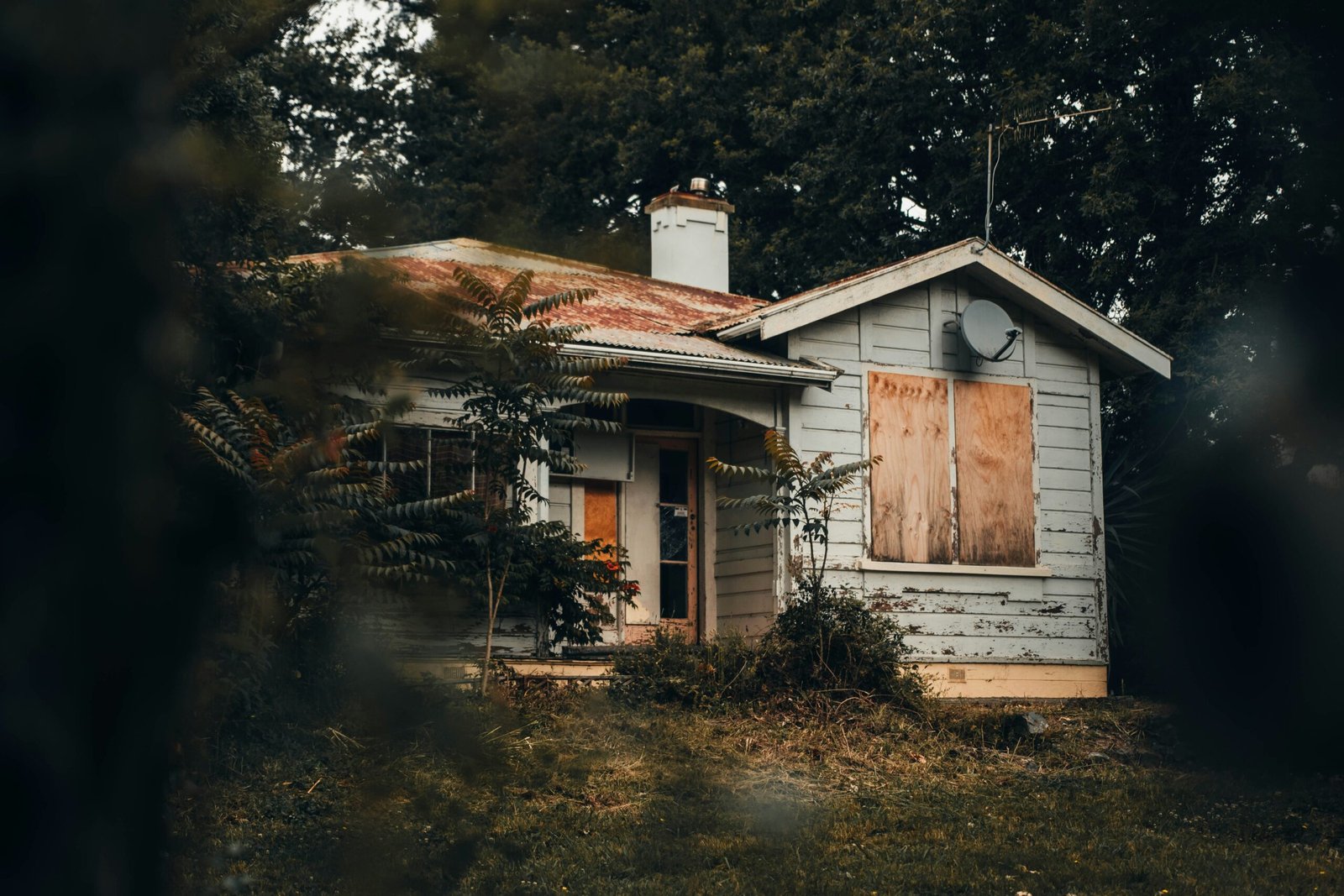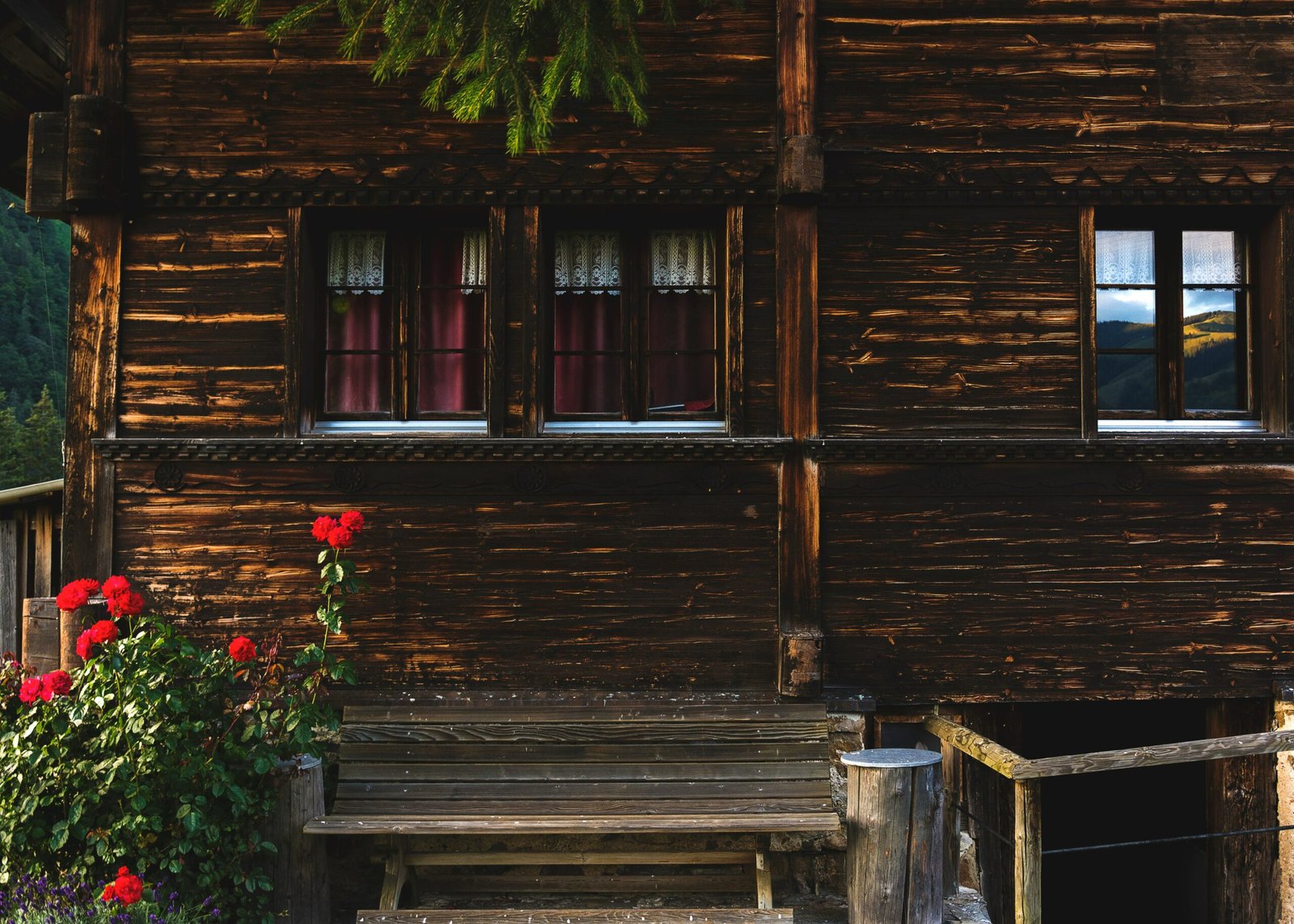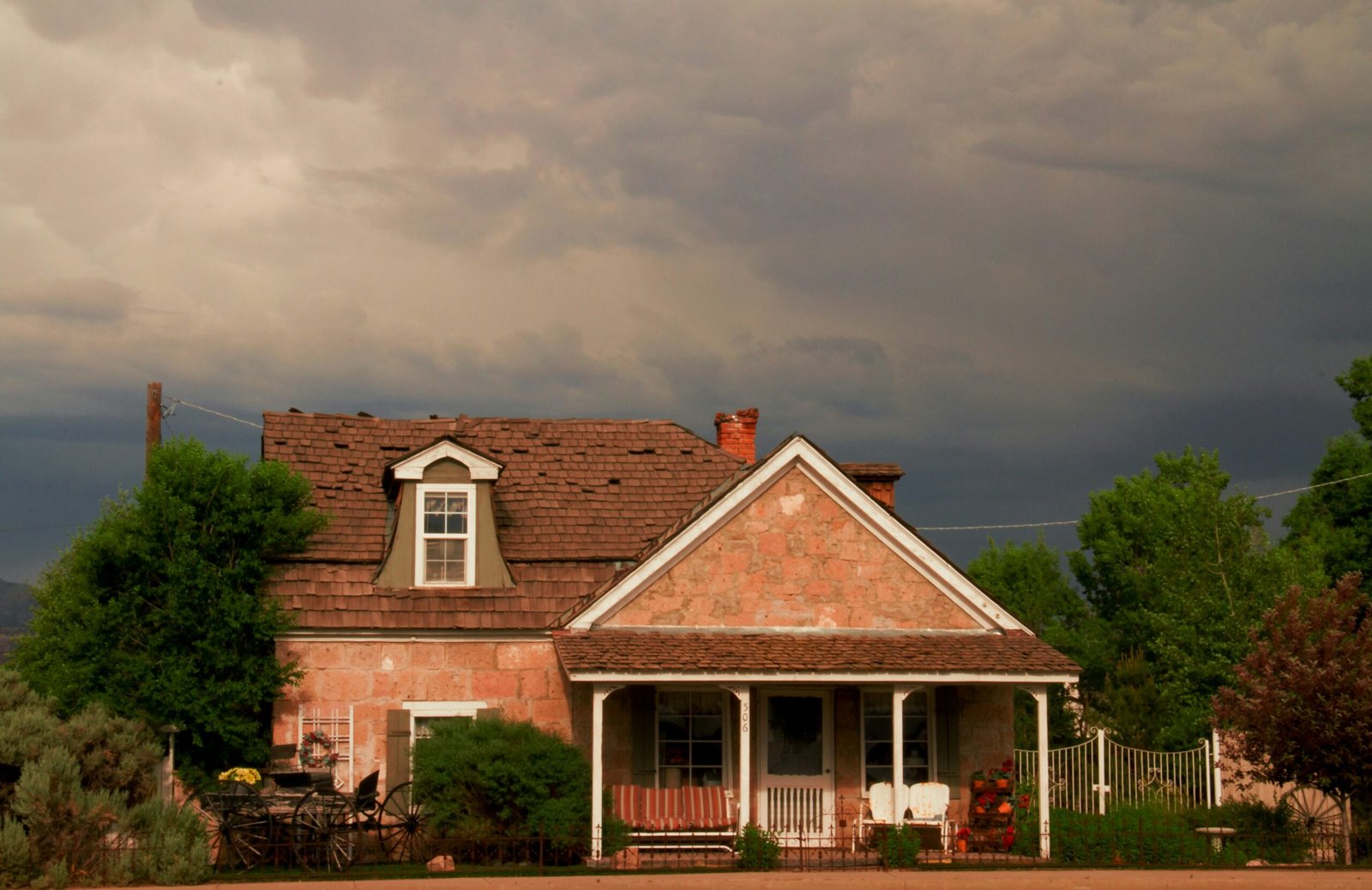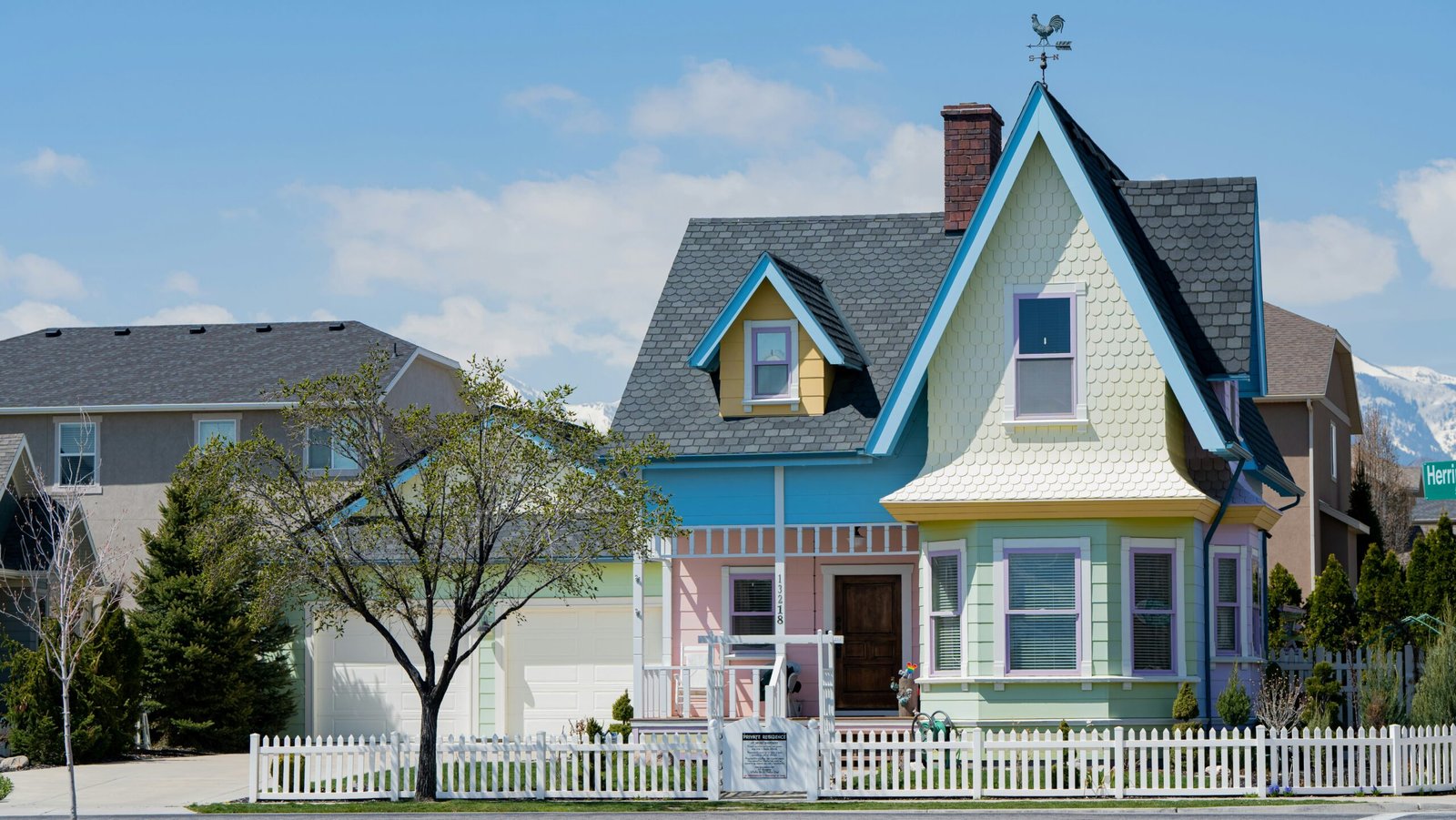Buying your first home is a major milestone—and likely one of the biggest investments you'll ever make. But before you get too comfortable choosing paint colors and furniture, there’s one essential step you can’t skip: securing the right homeowners insurance policy.
Understanding home insurance for first-time buyers can feel overwhelming, but don’t worry—we’ve broken it down into simple steps so you can protect your new home with confidence.
What is Homeowners Insurance?
Homeowner insurance is a financial safety net that protects your home and personal belongings from unexpected events like fire, theft, storms, or vandalism. It also provides liability protection if someone is injured on your property.
If you're financing your home through a mortgage, your lender will likely require home insurance before you can close.
What Does It Typically Cover?
As a first-time buyer, you should understand what’s included in a standard policy:
Dwelling protection: Covers the structure of your home (walls, roof, foundation) against damage.
Personal property: Covers furniture, clothing, electronics, and other belongings inside your home.
Liability coverage: Protects you financially if someone is injured on your property and sues.
Loss of use: Pays for temporary housing and related expenses if your home becomes unlivable due to a covered event.
Optional add-ons, like Sewer Backup Coverage Repairs, are available and may be worth considering depending on your home's location and plumbing setup.
Why First-Time Buyers Shouldn’t Overlook Sewer Backup Coverage
One of the most overlooked (but important) endorsements is Sewer Backup Coverage Repairs. If a clogged municipal line or sump pump failure sends sewage back into your home, the cleanup and repairs can be expensive—and most standard policies don’t cover it.
As a new homeowner, adding this extra protection can prevent major headaches later on, especially if your home is older or in an area with heavy rainfall.
How Much Coverage Do You Need?
The amount of coverage you need depends on a few factors:
Home value: You’ll want enough dwelling coverage to fully rebuild your home.
Personal property: Make an inventory of your belongings to estimate replacement costs.
Location: If you’re in a flood-prone or earthquake-prone area, consider extra policies.
Liability risk: Own a dog? Have a pool? These raise your liability exposure.
If you also plan to work from home or run a business from your property, you may need general liability insurance in addition to your basic policy.
Tips for First-Time Buyers Shopping for Insurance
Here’s how to find the right policy without the stress:
Compare Quotes: Don’t settle for the first policy you’re offered. Compare rates, coverage, and customer service.
Bundle & Save: If you already have car or life insurance, bundling with the same provider may lower your premium.
Ask About Discounts: First-time buyer discounts, security systems, or smoke detectors may qualify you for savings.
Understand Exclusions: Know what your policy doesn’t cover, like floods or earthquakes—these often require separate coverage.
Work With a Trusted Advisor: A good insurance agent can help customize a policy that fits your needs and budget.
To explore personalized options and get expert guidance, check out this helpful home insurance service page.
Final Thoughts
Buying a home is exciting—but it also comes with new responsibilities. Protecting your investment with the right homeowners insurance is one of the smartest financial decisions you’ll make as a first-time buyer.
From standard coverage to optional protections like Sewer Backup Coverage Repairs, take the time to get a policy that works for you today—and prepares you for tomorrow.


























